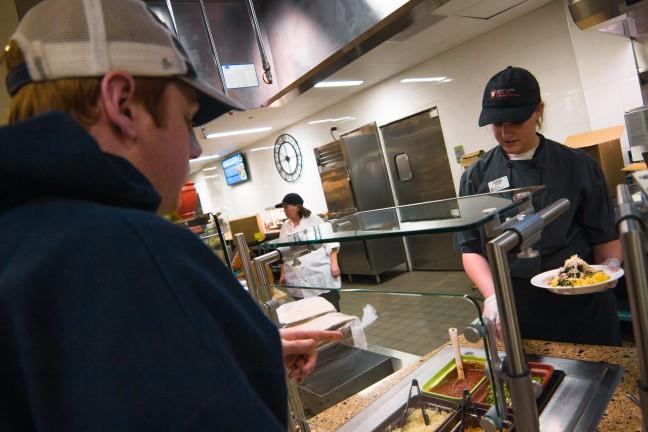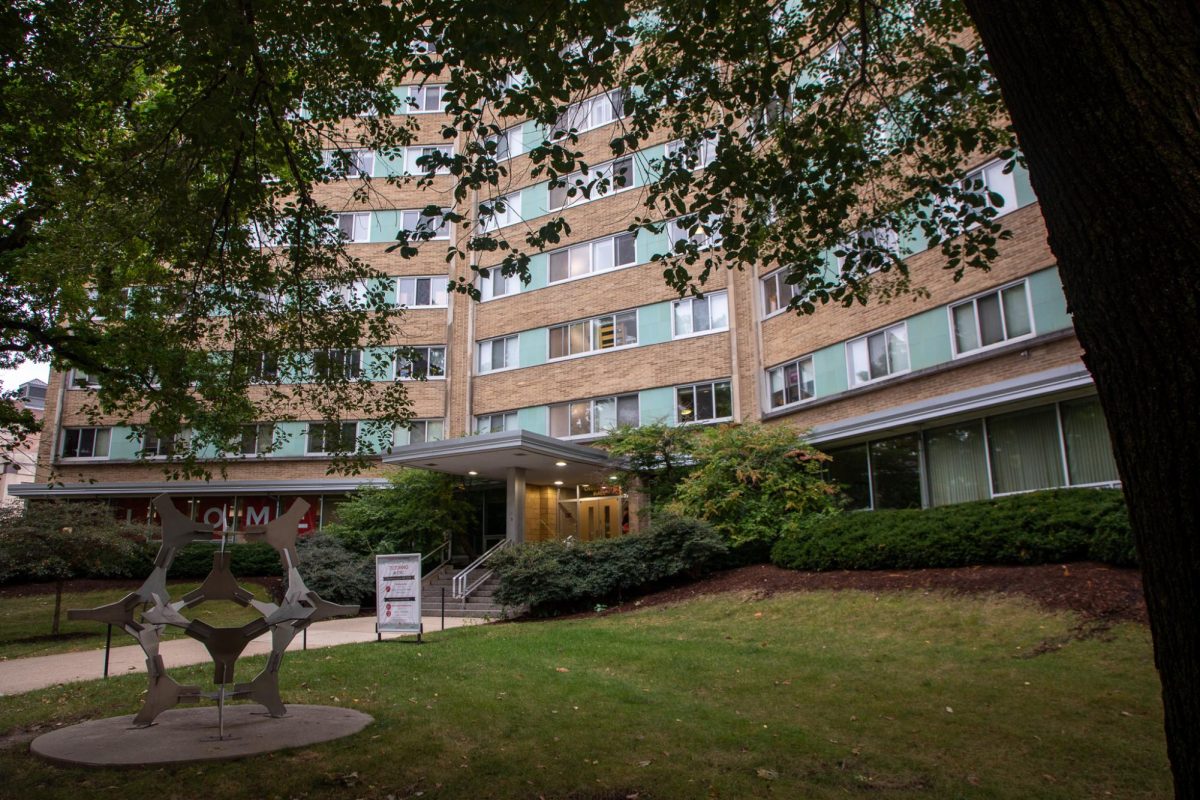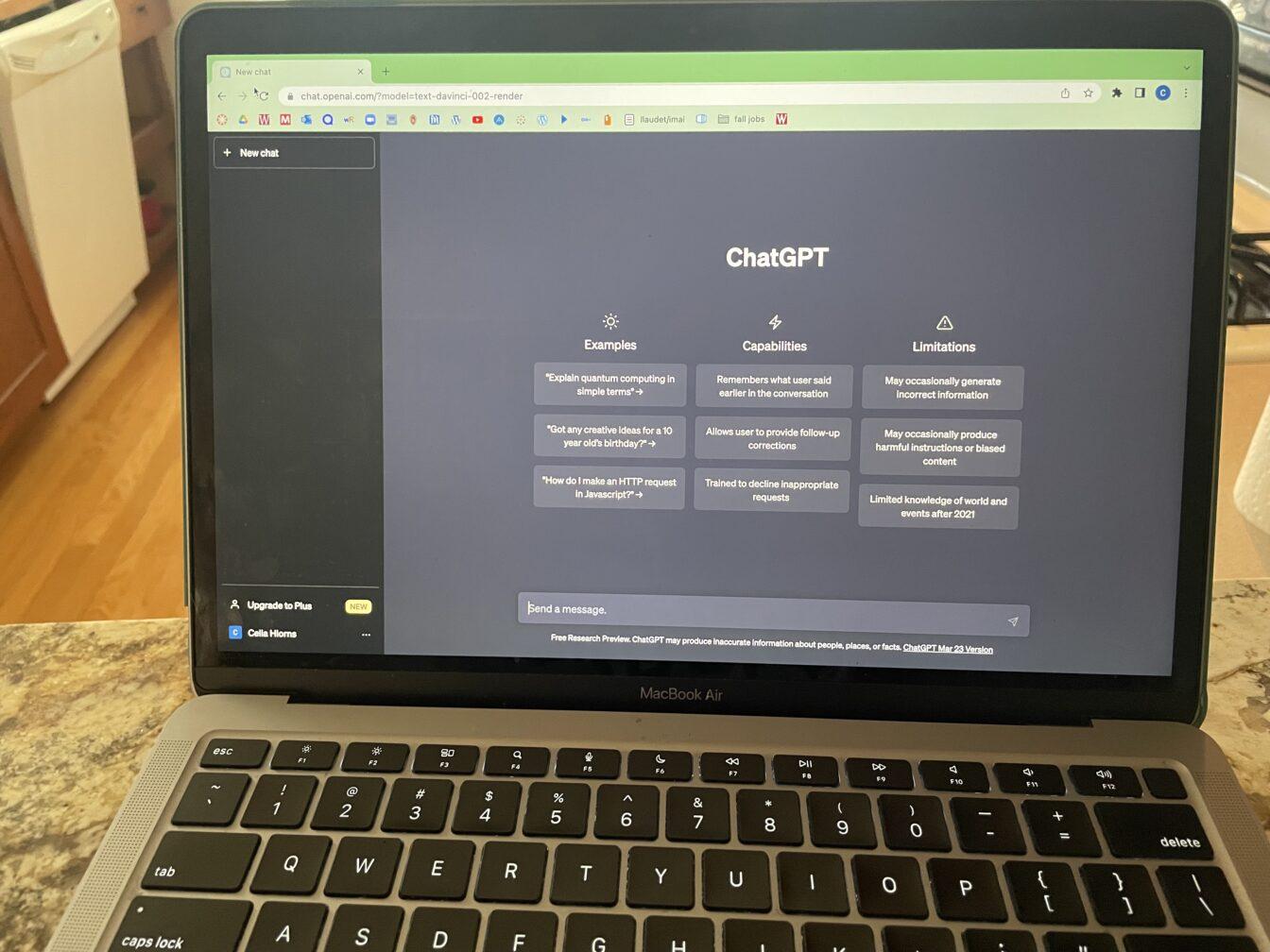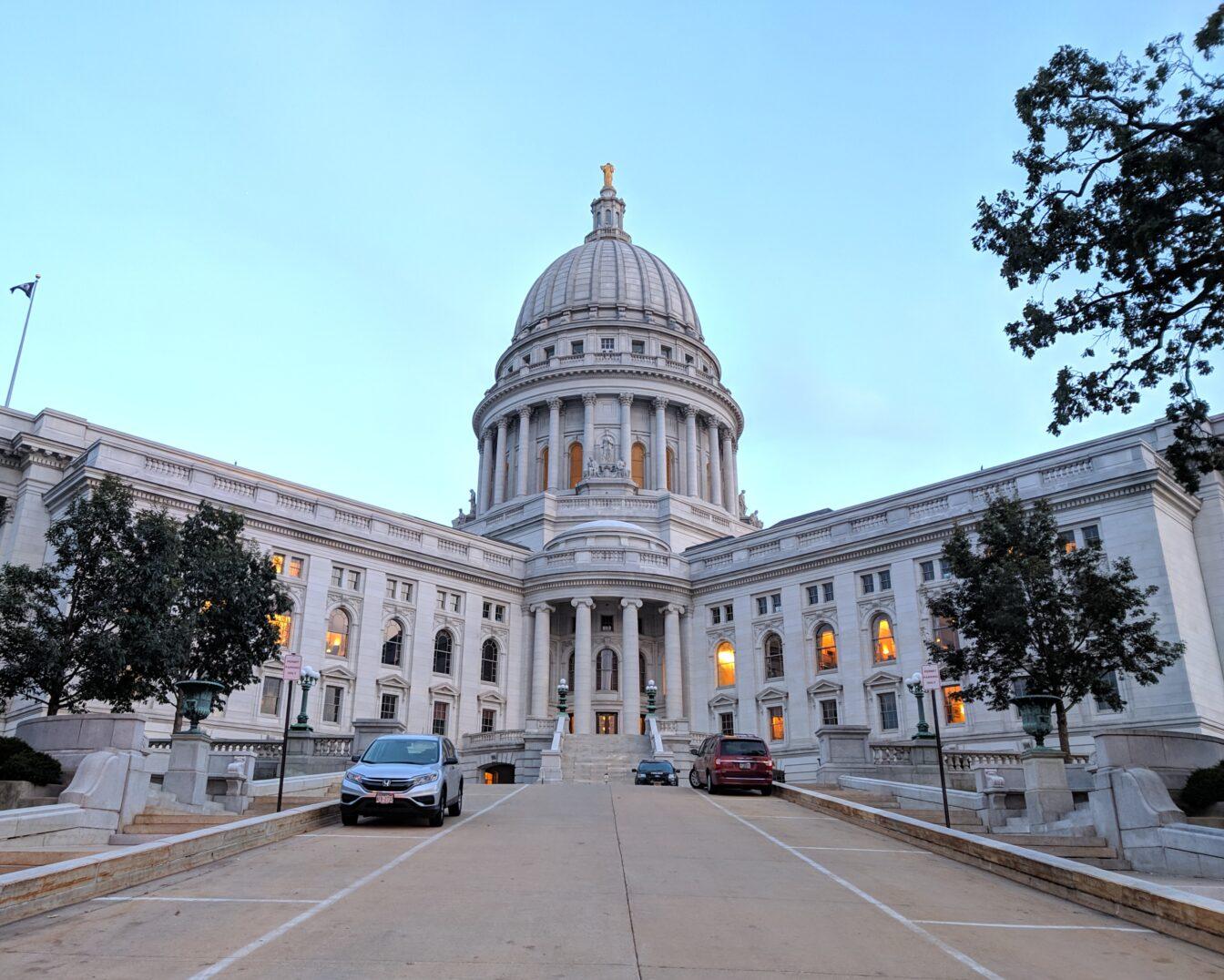Increasing minimum wage has been a hot-button topic for years. Recently University of Wisconsin raised the campus-wide minimum wage to $9 an hour.
Speaking on the wage increase, Chancellor Rebecca Blank said, “Many undergraduate and graduate students face difficulty with making time for class work, studying and finding time to work enough hours to cover living expenses. Raising the minimum hourly student wage to $9 [an hour] will hopefully provide an extra financial cushion, help them pay for their own education and reduce their reliance on loans.”
Blank’s heart seems to be in the right place, but she is falling far short of the living wage students on campus desperately need.
This wage increase, while symbolically a positive step, is simply not enough. The average wage for a student worker is around $9.75 an hour, so this pay raise affects a painfully minuscule number of students. Working a full 40 hours a week, even with our newly-minted modest increase, will hardly pay for tuition, let alone the cost of living. On top of that, some students have complained that their employers try to limit their hours to avoid paying certain benefits.
Numerous campuses and municipalities have taken initiative across the country to raise their minimum wage. The city of Madison had its own living wage policy for employees until Gov. Scott Walker and Republicans in the Legislature made it illegal for municipalities to raise their own minimum wage.
But, our campus administration is not beholden to the same restrictions. One would hope our administration would seize this opportunity to provide students with a living wage. Instead, it took a herculean effort of lobbying and activism by the Student Labor Action Coalition and other student organizations to convince Blank to approve this minor and effectively inconsequential wage increase.
With the devaluation of higher education and powerlessness of UW in the face of a hostile state government, this is one of the few places our administration has unilateral power to be a positive force and set an example for state elected officials on how to lead. Administration has the opportunity here to advocate for the students who pay their salaries and keep this university thriving, yet they are choosing apathy.
Students deserve a raise, and more than a pseudo-raise that only helps a small percentage of students on campus. I call on Blank to consider a substantial wage increase for students — a wage increase that would actually allow students to comfortably pay their tuition, rent and expenses.
This is a common-sense idea. It is not complicated or convoluted as so many policy debates are. Students getting paid more will lead to students living more comfortably within their means will lead to students succeeding socially and academically.
August McGinnity-Wake ([email protected]) is a sophomore majoring in political science and environmental studies.














